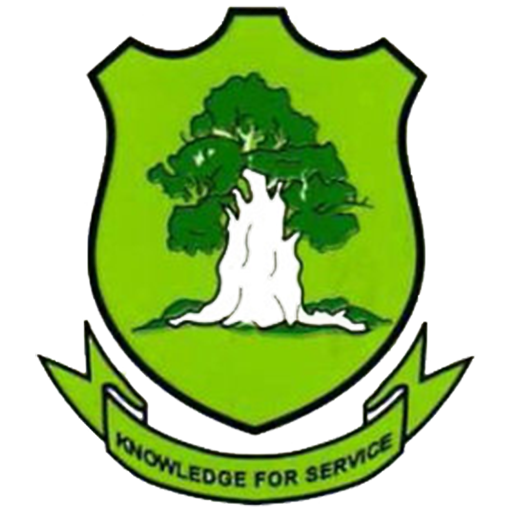The Shea Industry Can Become A Tool For Poverty Reduction – Prof Seidu Al-Hassan
The Centre for Policy Development (CPD), Ghana Export Promotion Authority (GEPA), and the Northern Regional Coordinating Council (NRCC) held the Northern Trade Industry and Investment Summit at the Tamale Metropolitan Assembly to discuss and to educate the public and other stakeholders on investment and business policies, as well as projecting local and other businesses sectors as well as the value chains within the Northern Region in particular.

The two-day summit was part of programmes and activities earmarked for the Northern Trade and Investment Fair, 2023. The primary focus of the summit was to explore the current business and opportunities in Northern Ghana and to seek new potentials for investments.
One of the main Speakers at the Summit was the Vice-Chancellor of the University for Development Studies, Prof. Seidu Al-hassan. Also present was the Director for the West African Center for Shea Innovation and Research (WACSIR), Professor Abukari Alhassan.
While making a presentation on the topic “Streamlining and Sustaining the Shea Industry”, Prof. Al-hassan introduced to the audience, one of the university’s prestigious centers, the West African Centre for Shea Innovation and Research (WACSIR), adding that the center was set up primarily to ensure that there is improvement in the human resource capacity in shea innovation and value chain research within and outside the university. He said UDS has challenged itself to be one of the best in the research, innovation and transformation of the Shea industry in Ghana.

Prof. Seidu Al-hassan explained the significance of Shea production in, and to the people of Northern Ghana in particular. He stated that Shea butter, a product of Shea nuts, is one of the most sought-after products on the local and international markets. However, the industry has more challenges just as much as the benefits it gives to the people.
He added that, amongst the challenges of the Shea industry are the socio-cultural practices such as cutting down Shea trees, exploitation of local Shea gatherers and Shea butter producers in rural areas, poor policy regulation of Shea with regards to international buyers and most importantly, low research and innovation in the Shea sector.
The Vice Chancellor intimated that, the lack of research and unavailability of processing machinery for Shea refinery has limited the potentials of the Shea fruits, and also its significance to the country. He said it was for this reason the University established the West Africa Center for Shea Innovation and Research (WACSIR) in order to explore the significant potentials of the Shea tree and its fruits, as well as protect its value chain. He added that the University’s interest in Shea innovation is heightened because if successful, it will promote seven of the Sustainable Development Goals; goals one, two, five, eight, nineteen, twelve and fifteen.
He challenged the policy makers and the various stakeholders at the summit to contribute to making the Shea industry one of the most successful industries in the country, through policy regulation, exploring opportunities in the sector, empowering district and traditional leaders to be able to protect Shea trees, and supporting women in the Shea industry to be able to benefit more from their work.
He also encouraged the planting of Shea trees, stating that he has personally been able to plant and nurture five Shea trees. According to him all the shea trees planted by him are thriving - evidence to the fact that it is not impossible to plant and nurture Shea trees.

The Director of WACSIR, Professor Abukari Alhassan, stated that the mission of WACSIR is to promote and support sustainable innovations in the Shea sector through evidence-based research and policy advocacy in order to improve the livelihoods of stakeholders. He added that albeit the high illiteracy rate among the women who dominate the Shea industry, they are the major stakeholders as they are the nurturers of the Shea value chain, hence, it is the Center’s hope, with the help of policy makers, to ensure that they benefit massively from their work.
The summit also had in attendance the Deputy Director of Administration of NRCC, Madam Sherifatu Gima, who represented the Northern Regional Minister, The MCE for Tamale, Honorable Salifu Seidu, the Director of the Ghana Investment Promotion Centre (GIPC) Investment Services Division, Mr. Edward Benjamin, and other stakeholders from the Ghana Free Zones Authority (GFZA), Center for Policy Development Initiative (CPDI), among others.
Story by
Salma Abdul Rashid (University Relations)




